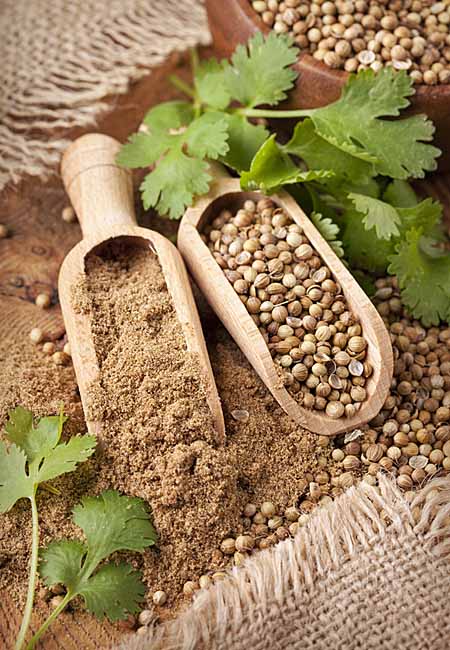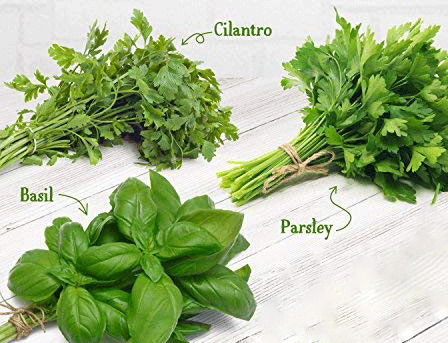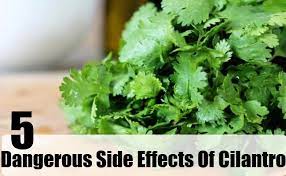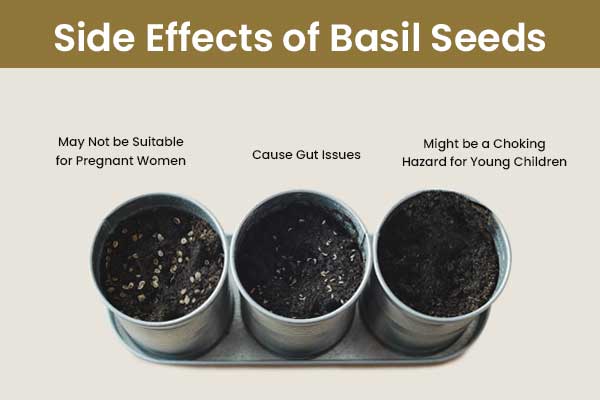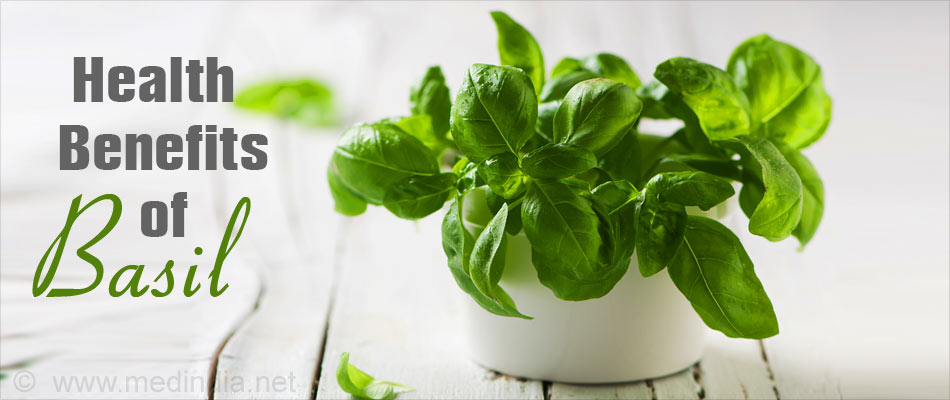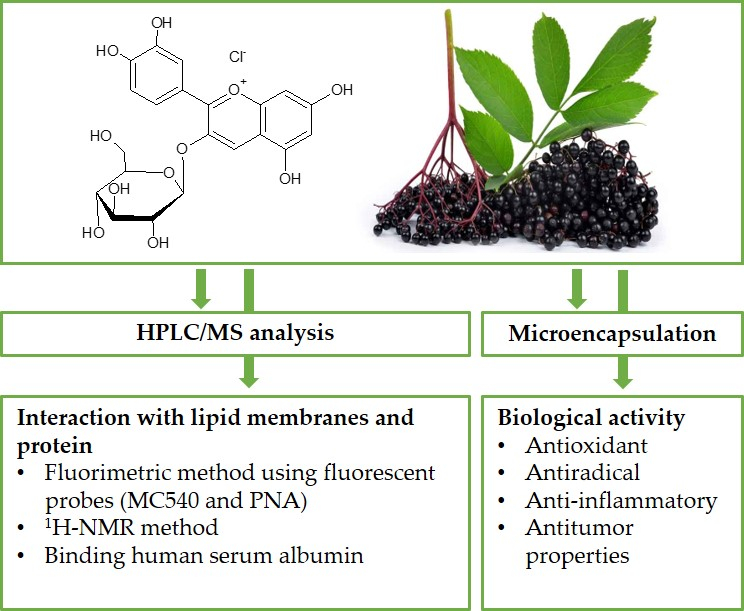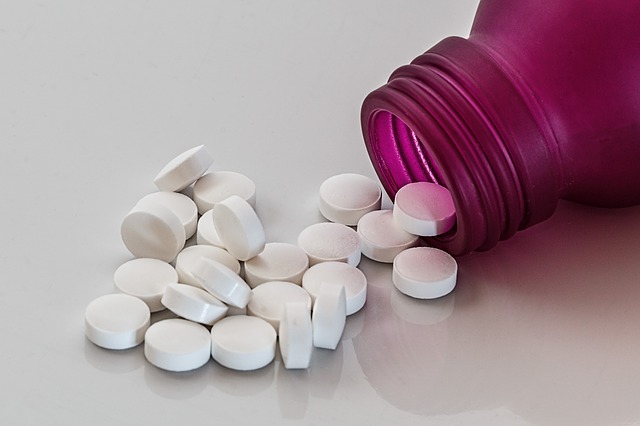Reduce the risk of Heart attack and strokes using Dill.
Dill
What is Dill and its use?
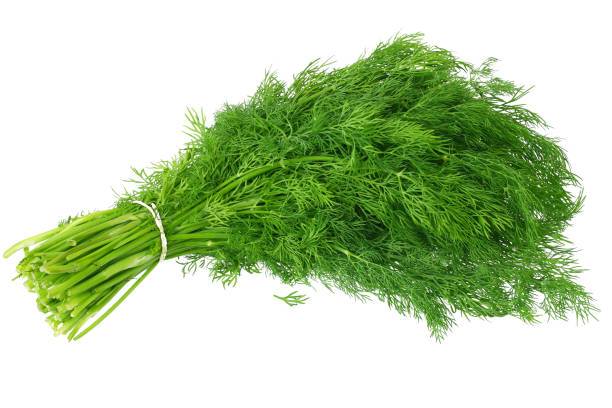
Dill is a natural herb annually found that belongs to the plant family called Apiaceae. There are about 3700 kinds of different plant species. There are a number of varieties found in dill that differ in flavor, maturity timer period, and size. Some of the favorable varieties include:
- Compatto
- Bouquet
- Dukat
- delikat
- Fernleaf
- Elephant
- Hera
- Greensleeves
- Mammoth long island
- Herkules
- Teddy
- Super dukat
- Vierling
- fern leaf and many more.
Each of these types consist of different features. Out of all the varieties found, Bouquet is the most common and widely used Dill.
DIll is the most popular variety due to its fragrance in the leaves and seeds that is used in pickling as well as in cooking. This aromatic plant leaves and its seeds are used fresh or dry as a flavoring agent in sauces, soup, salads, sandwich feeling, main course dishes, and particularly in pickles.
Apart from flavoring and aromatic application of Dill in foods, It treats, relieves, several medical conditions that are essential for a human body such as:
- colic
- bad breath
- hemorrhoids
- stomach alignment
- flatulence
- hiccups
- heart health and several others.
Dill working in a human body
DIll generally works by relaxing the body muscles through chemicals which are present in its seeds. Also, other chemicals of the seeds might help to tackle bacterias and could also increase the production of urine.
Benefits the human body receives while using Dill.
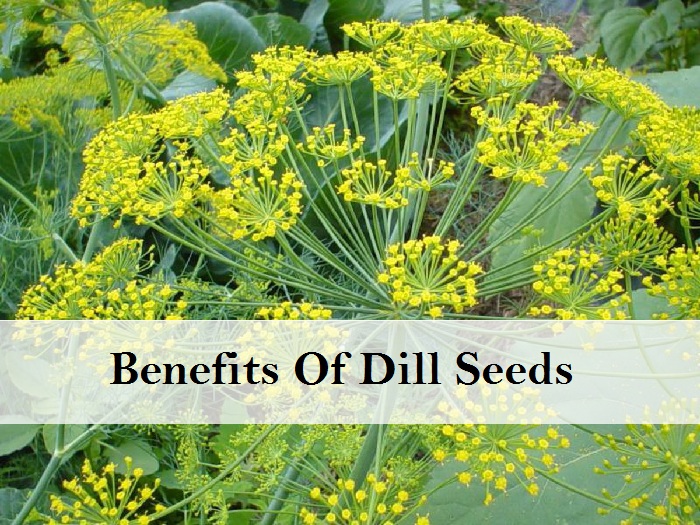
As dill is capable of several features including flavor, aroma, and medical properties, its intake helps a human body to receives several important benefits that includes:
- Antioxidant properties such as Tannins, Terpenoids, and Flavonoids.
- consist of blood sugar lowering effects.
- antibacterial properties
- helps menstrual cramp
- might benefits heart health
- have anticancer properties
- improves bone health
The above potential benefits provided by dill is possible due to certain set of vitamins and minerals, residing in this natural herb that include:
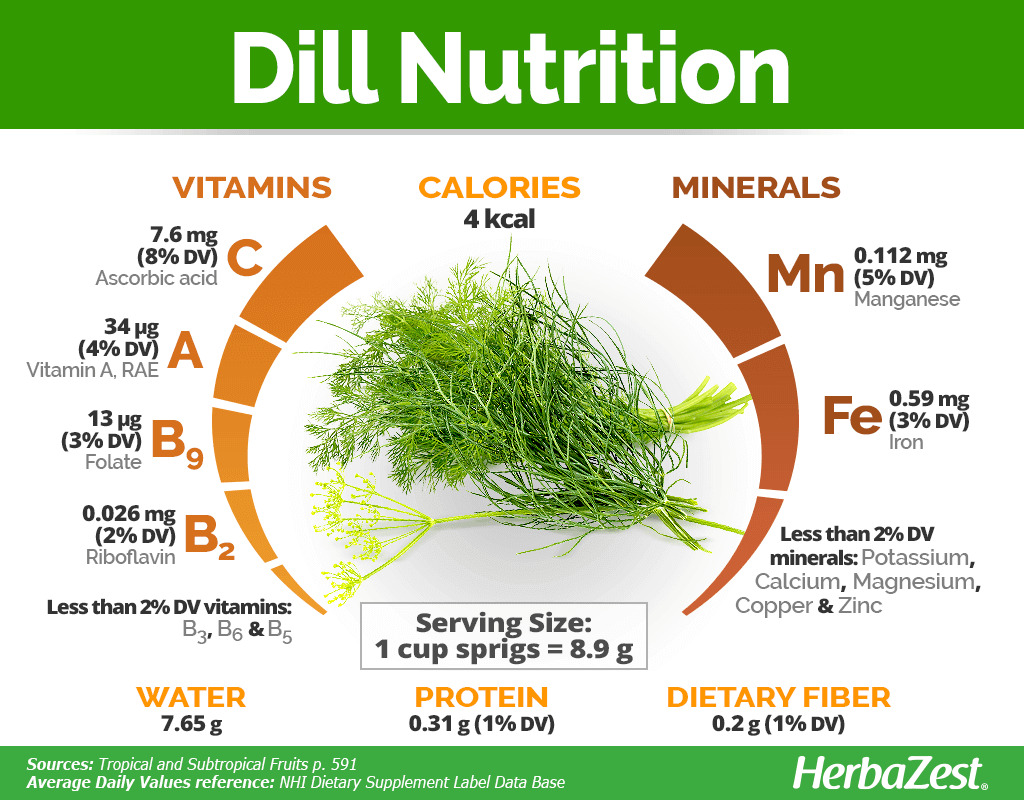
As for DIll seeds, similar multi nutrition benefits and properties are reported that includes iron, calcium, potassium, manganese, magnesium, phosphorus, etc.
Dill dosing for Humans
Dill is a kind of natural herb that is typically used as a flavoring ingredient in the food. There is no fixed amount to consume dill. Its intake is generally based on an individual’s age, medical health, and several other conditions of the body. It must be noted that natural products are generally safe but only if the amount and body conditions are considered. It is advisable to follow the thenadvise of the doctor to avoid any overdosing and complications of the same.
OVERVIEW
- Cilantro is an annual natural herb that belongs to Apiaceae family of plants.
- It consists of a number of medical as well as flavoring features
- Out of several types of Dill, Bouquet is the most famous and commonly used.
- Apart from flavoring features, dill is capable of providing essential medical benefits in a human body
- The dose for dill is generally not fixed. It is based on an individual’s age, medical conditions, and several other conditions.
REFERENCES:
- https://www.gardeningknowhow.com/edible/herbs/dill/dill-plant-types.htm
- https://www.healthline.com/nutrition/dill#benefits
- https://www.thespruceeats.com/all-about-dill-4117140
- https://www.webmd.com/vitamins/ai/ingredientmono-463/dill
- https://www.herbazest.com/herbs/dill
- https://www.moolihai.com/health-benefits-of-dill-seeds/
For more details, kindly visit below.
